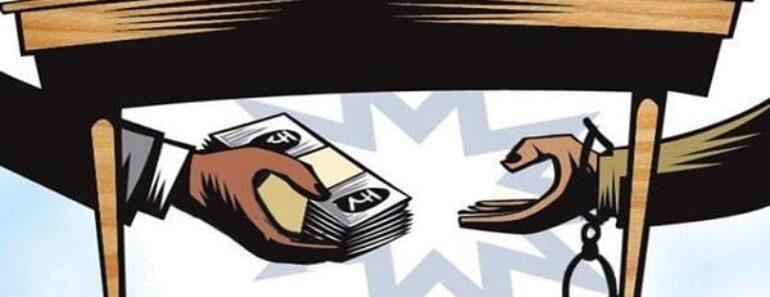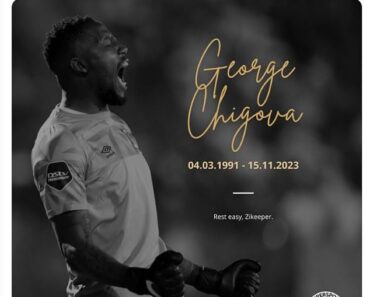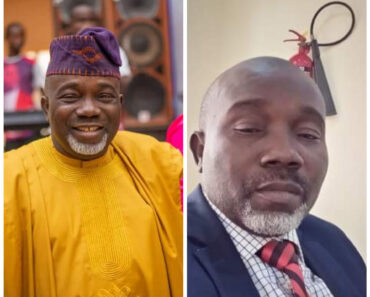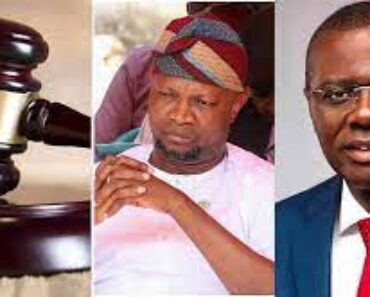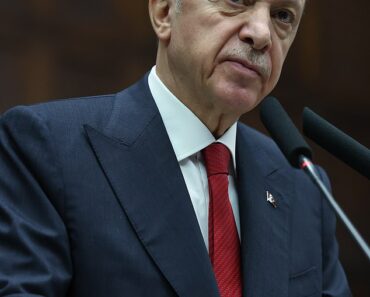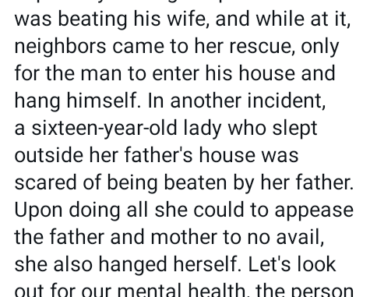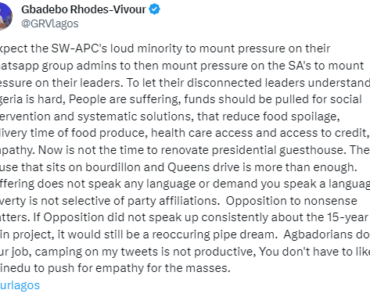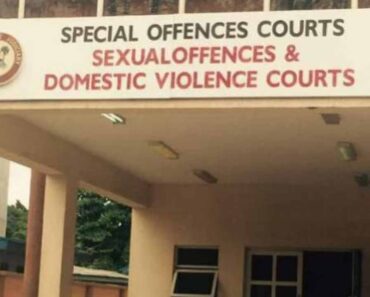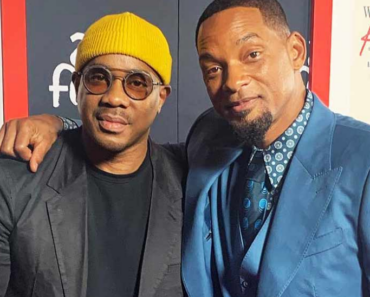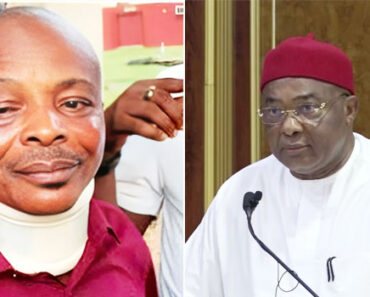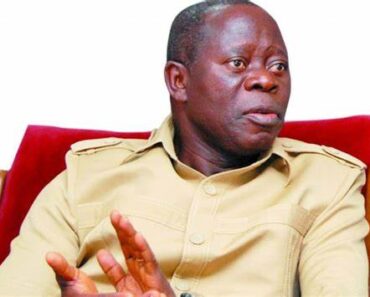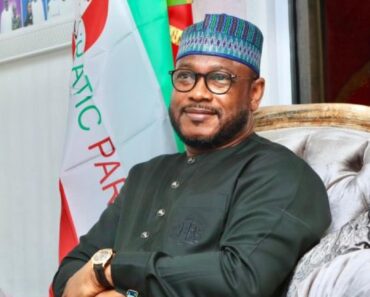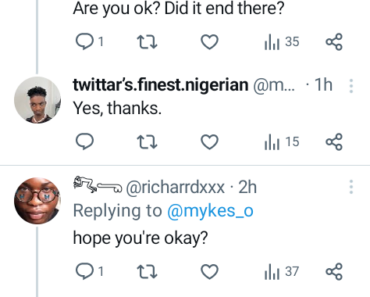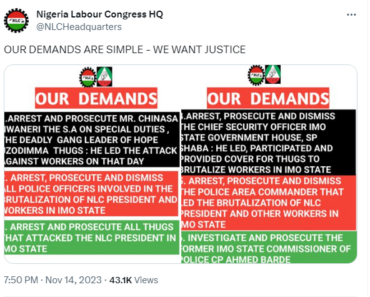[ad_1]
The tenth edition of the Global Corruption Barometer (GCB) – Africa, published on the occasion of African Anti-Corruption Day by Transparency International in partnership with Afrobarometer, revealed that one in four people have to pay bribes -of wine to access services in Africa.
Fifty-nine percent of respondents think their government is doing a poor job of tackling corruption. The 10e edition of the Global Corruption Barometer is the largest and most detailed opinion survey on citizens’ opinions on bribery and other forms of corruption in Africa.
The results show that more than one in four people who accessed public services, such as healthcare and education, paid a bribe in the previous year. This equates to around 130 million people.
The report also highlights that corruption disproportionately affects the most vulnerable, the poorest who have to pay bribes twice as often as the richest. Young people pay more bribes than people aged over 55.
“Corruption hinders Africa’s economic, political and social development. It is a major obstacle to economic growth, good governance and fundamental freedoms, such as freedom of expression or the right of citizens to hold governments accountable., said Patricia Moreira, executive director of Transparency International. “While governments still have a long way to go to regain citizen trust and reduce corruption, these things do not exist in a vacuum. Foreign corruption and money laundering divert critical resources from public services, and it is ordinary citizens who suffer the most.”
The police are considered the most corrupt institution, with 47% of people believing that most or all police officers are corrupt. Many citizens also think that civil servants and parliamentarians are very corrupt, at 39% and 36% respectively.
As in the previous edition of the GCB for Africa, the police still have the highest rate of corruption on the continent. This may be one reason why two-thirds of those surveyed fear retaliation for speaking out against corruption.
“To reduce the heavy burden of corruption on ordinary people, African states that have not yet done so should ratify and effectively implement the African Union Convention on Preventing and Combating Corruption”said Paul Banoba, regional advisor for East Africa at Transparency International. “Africans believe they can make a difference. Governments must give them the opportunity to do so”he added.
Transparency International urges governments to put anti-corruption commitments into practice and to investigate, prosecute and sanction all reported cases of corruption, both in the public and private sectors, without exception;
Develop minimum standards and guidelines for ethical sourcing and establish robust sourcing practices across the continent through training, monitoring and research; Adopt open procurement practices, which make data and documentation clearer and easier to analyze and ensure transparency of recruitment procedures;
Create mechanisms to collect citizen complaints and strengthen whistleblower protections so that citizens can report cases of corruption without fear of reprisal; Enable the media and civil society to hold governments to account; Support the transparency of political party financing; Enable cross-border cooperation to fight corruption.
Authorities should also establish public registries that name the owners of shell companies and adopt and enforce laws on stolen assets.
Furthermore, business leaders and boards of directors of companies, including multinationals operating in Africa, should effectively and transparently apply the highest international standards in the fight against corruption and money laundering .
Photo credit: howafrica
→ READ ALSO: World: 1.3 billion people live in multidimensional poverty (UNDP)
→ READ ALSO: These electric cars made in Africa will revolutionize the automotive world (video)
Originally posted 2019-07-16 21:13:33.
[ad_2]
Mots clés: #People #Pay #Bribes #Access #Services
→ READ ALSO : Malagasy Players Raised To The Rank Of Knights
→ READ ALSO : After 25 Years Together, 80-Year-Old Man Finally Marries His 78-Year-Old Partner
→ READ ALSO : The Cabinet ICEF (The International Council, Study And Training) Recruits Commercial.
Suivez tous les scores en direct ici !


